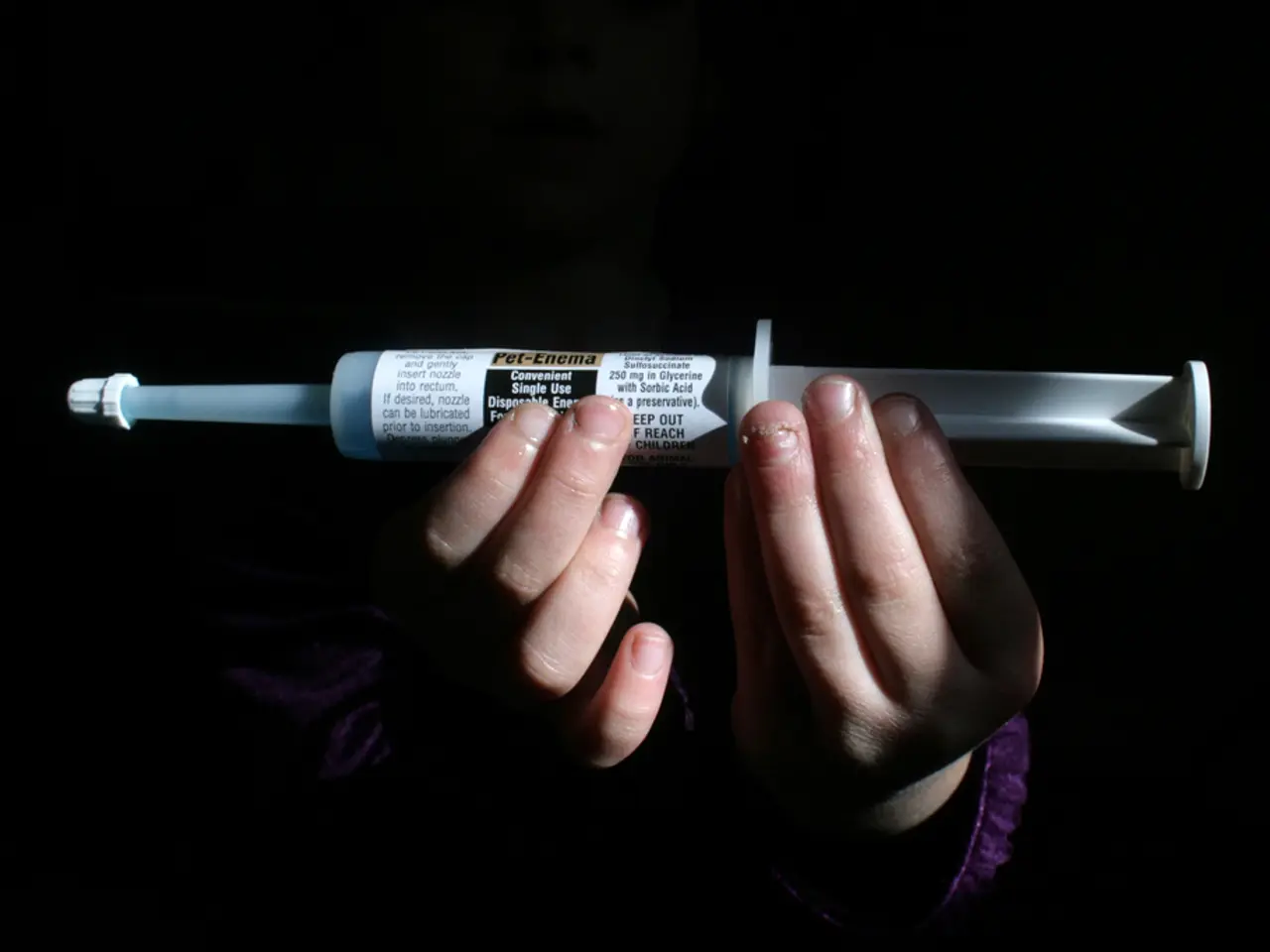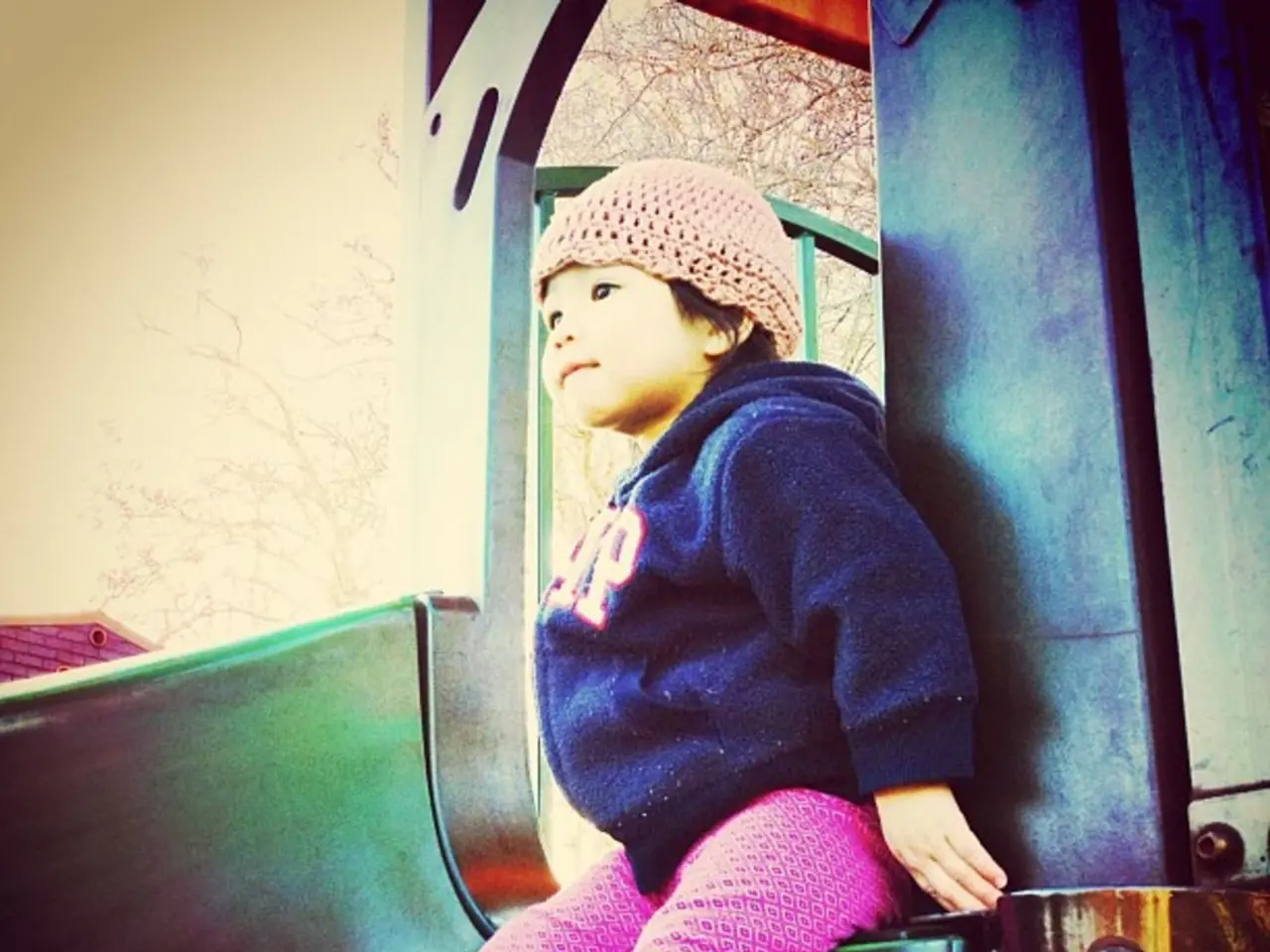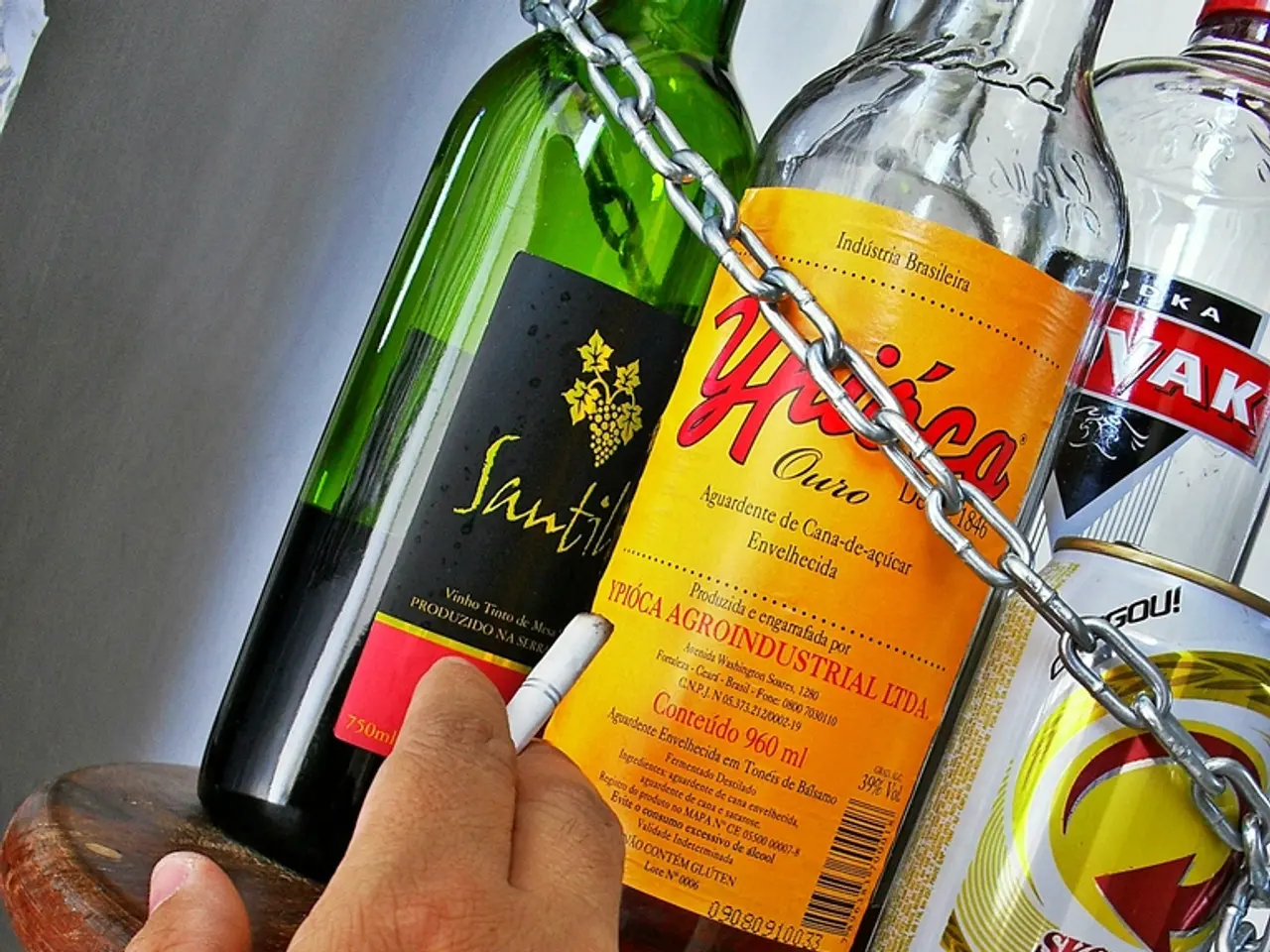Experimental Heart-Thymus Transplant May Eliminate Need for Anti-Rejection Medications in Children
In a significant breakthrough, Duke University's medical team, led by Joseph Turek, has successfully performed a first-of-its-kind heart-thymus transplant on 6-month-old Easton Sinnamon in 2021. The collaboration between Turek, Mary Louise Markert, and Laura Hale was instrumental in this groundbreaking procedure.
Easton, born with severe heart problems and an underdeveloped thymus, was an ideal candidate for the experimental procedure. Now, two years later, Easton is doing well and meeting all developmental milestones on time. Remarkably, tests have shown no signs of acute rejection, even as doctors have reduced the amount of immune-suppressing drugs he's taking.
The success of this procedure suggests it may be possible to "almost reset" the immune system, allowing for heart and thymus transplants without the need for lifelong anti-rejection drugs. This could revolutionize pediatric heart transplantation, as believed by Joseph Turek.
The Duke University team has been working for over 20 years on a project to safely process and transplant donated thymus tissue, a technology approved by the FDA in 2021. The Food and Drug Administration specially approved the experimental procedure, which aimed to allow the recipient's immune system to recognize the heart as its own, potentially eliminating or reducing the need for anti-rejection drugs.
The current status of efforts to reduce or eliminate the need for anti-rejection drugs involves several promising avenues of research and clinical development. Innovations such as targeting the CD40L pathway, immunomodulatory drugs and strategies, desensitization approaches, and inducing immune tolerance via thymus transplantation are all advancing through clinical trials.
For instance, Eledon Pharmaceuticals is conducting multiple clinical trials of tegoprubart, an anti-CD40L therapy, aiming to optimize immunosuppression with fewer side effects and potentially reduce lifelong dependency on conventional anti-rejection drugs. Rapamycin (sirolimus) and its derivatives, which inhibit the mTOR pathway, are also seen as alternatives or complements to calcineurin inhibitors.
Drugs like imlifidase help by inactivating donor-specific antibodies before transplant, reducing the risk of rejection and could lessen the intensity and duration of post-transplant immunosuppression required. Researchers continue to explore how central tolerance induction through thymus transplantation can be translated into broader clinical practice to reduce immunosuppressive therapy reliance.
Easton's care team alone comprises more than 25 people, and the Duke University team hopes to conduct clinical trials of the procedure within a few years. If successful, this could pave the way for a permanent solution to organ rejection for many patients in the future.
- The heart-thymus transplant performed on Easton Sinnamon in 2021 by Duke University's medical team, as led by Joseph Turek, could potentially revolutionize pediatric heart transplantation, as believed by Turek.
- Test results have shown no signs of acute rejection in Easton, who underwent the first-of-its-kind heart-thymus transplant, suggesting it may be possible to "almost reset" the immune system, reducing or eliminating the need for lifelong anti-rejection drugs.
- The Duke University team, which has been working for over 20 years on a project to safely process and transplant donated thymus tissue, utilized technology approved by the FDA in 2021, aiming to allow the recipient's immune system to recognize the heart as its own.
- Eledon Pharmaceuticals, in its clinical trials, is investigating tegoprubart, an anti-CD40L therapy, to optimize immunosuppression with fewer side effects and potentially reduce lifelong dependency on conventional anti-rejection drugs.
- Researchers are also exploring drugs like imlifidase, which inactivate donor-specific antibodies before transplant, as a means to lessen the risk of rejection and reduce the intensity and duration of post-transplant immunosuppression required.




